As a seasoned DevOps engineer, you've likely had your fair share of endless nights debugging issues, manually monitoring systems, and firefighting outages. While the role is deeply satisfying, there's no doubt operations can eat up a substantial chunk of your time each day.
Well, friend, I'm here to tell you that help is on the way - in the form of artificial intelligence. AI and machine learning are advancing at a rapid pace, and they're poised to transform the world of DevOps in profound ways.
In this article, I'll walk through some of the most impactful ways AI is already augmenting DevOps workflows and discuss the potential benefits.
If you need a primer on DevOps principles, we offer a comprehensive overview in our article: What Is DevOps?
Applying AI to Automate Infrastructure Provisioning
One of the most time-consuming parts of any DevOps role is manually provisioning and configuring infrastructure. Whether it's spinning up new environments, cloning test setups, or patching existing systems, a lot gets spent doing repetitive configuration tasks.
With tools like Pulumi, HashiCorp Terraform, and AWS CloudFormation, you can programmatically define and deploy all your environments in code. But things get even better when you incorporate machine learning. AI assistants like Anthropic's Claude can parse your infrastructure code, automatically detect patterns, and generate reusable modules and abstractions. Over time, they get smarter - so your infrastructure setups become simpler, more standardized, and easier to maintain at scale.
Continuous Monitoring and Issue Detection
Monitoring your software stack, services, and metrics is key for stability and reliability. Unfortunately, manually scouring dashboards and alert floods is a constant drain. AI presents a smarter solution through self-supervised anomaly detection models. These systems learn your unique baselines over time and accurately detect issues the moment they occur.
Many monitoring tools now offer AI-powered capabilities like automatic metrics clustering, correlation of logs and traces, and predictive problem diagnosis. With ML-based recommendations, you can jump directly to the root cause instead of wasting hours down rabbit holes. AI even enables continuous optimization by flagging unnecessary resource usage or outdated configurations.
Automated Testing at Scale
Any DevOps engineer knows comprehensive testing is vital but difficult to do well at scale. Running test suites takes forever, bugs slip through, and edge cases are missed. By leveraging techniques like computer natural language processing, AI is helping automate functional and security testing in whole new ways.
Advanced testing bots can now emulate human behaviors, automatically exploring applications from every angle. They scour codebases, fuzz inputs, and generate synthetic traffic to uncover bugs earlier. With AI, your team gains oversight into risks across all environments through continuous on-device testing. And thanks to smart test case generation, coverage increases while manual effort decreases substantially.
AI-Enhanced Predictive Analytics
Predictive analytics is where AI shines the most in DevOps. By analyzing historical data, AI can predict future outcomes with impressive accuracy. It can forecast potential system outages or failures before they occur, allowing you to proactively address issues, minimize downtime, and maintain a seamless user experience.
Imagine if your monitoring systems could proactively warn of spikes several hours in advance. Or if models learned seasonality to perfectly scale resources on demand, making waste a thing of the past. The power of prediction helps teams plan better by simulating changes before they happen, to avoid regressions or downtime.
For more on predictive analytics, check out our article on How to Run Predictive Analytics in DevOps
Intelligent Automation
Automation is at the heart of DevOps, and AI takes it a step further. Intelligent automation can learn from past actions and improve over time. It’s an apprentice that never stops learning, gradually taking over routine tasks with increasing efficiency, freeing you up for more complex challenges.
It significantly accelerates your workflow while avoiding technical debt. To understand technical debt, check out our article on What is Technical Debt.
Enhanced Security
Security is paramount, and AI provides an extra layer of defense. By continuously learning what ‘normal’ looks like, AI can detect deviations that might indicate a security breach. It also fuzz tests code to find vulnerabilities, actively simulates exploits to patch gaps, and even helps rollback breaches through predictive analysis of earlier system states.
It’s like having a tireless sentinel that’s always on the lookout for potential threats.
For more on securing your DevOps environment, read the blog Container Security Best Practices
Resource Optimization
AI also helps optimize resource usage through analysis of historical usage patterns. For instance, by generating Kubernetes limits and requests for containers based on peak memory and CPU consumption. This prevents any single container from using more than its fair share of resources and ensures performance isolation. Tools like Kluster or KubeAdvisor automatically tune configurations to maximize efficiency without compromising the customer experience.
Limitations Of AI in DevOps
The following are the limitations of AI in the DevOps environment.
- Data Dependency: AI and ML models are heavily reliant on data. The quality, volume, and relevance of the data you feed into these models will directly impact their effectiveness. Incomplete or biased data can lead to inaccurate predictions and automation.
- Complexity and Interpretability: AI systems can be complex and their decision-making processes opaque. This “black box” nature makes it difficult to interpret why certain decisions are made, which can be a significant issue when those decisions have substantial impacts on your systems.
- Integration Challenges: Incorporating AI into existing DevOps workflows can be challenging. It requires a seamless integration of AI tools with current infrastructure, which may involve significant changes to both tooling and processes.
- Skill Gap: There is a skill gap in the industry when it comes to AI for now. DevOps engineers need to have a solid understanding of AI principles to effectively implement and manage AI-driven systems. This often requires additional training and education.
- Continuous Learning and Adaptation: This is a good thing right? But it can also be a challenge because AI models will require continuous learning and adaptation to remain effective. As your systems and data change over time, models may become outdated and less accurate, necessitating regular updates and retraining. This usually costs money and time.
- Ethical and Security Considerations: AI systems can raise ethical questions, especially around privacy and data usage. Additionally, they can become new targets for security breaches, requiring robust security measures to protect sensitive data.
- Cost: Implementing AI can be costly. It involves not only the initial investment in technology but also ongoing costs related to processing power, storage, and human resources for managing and maintaining AI systems.
- Reliability and Trust: Building trust in AI’s capabilities is essential. Stakeholders may be hesitant to rely on AI for critical tasks without a clear understanding of its reliability and the ability to intervene when necessary.
By understanding these limitations, you can better prepare for and mitigate potential risks, ensuring a more successful integration of AI into your practices.
Conclusion
While AI still has room to grow, real value emerges when it is applied judiciously to DevOps target pain points. By carefully incorporating machine learning where it makes sense, you gain a potent set of assistants to streamline operations. And that translates directly to more focus on innovation that drives business impact.



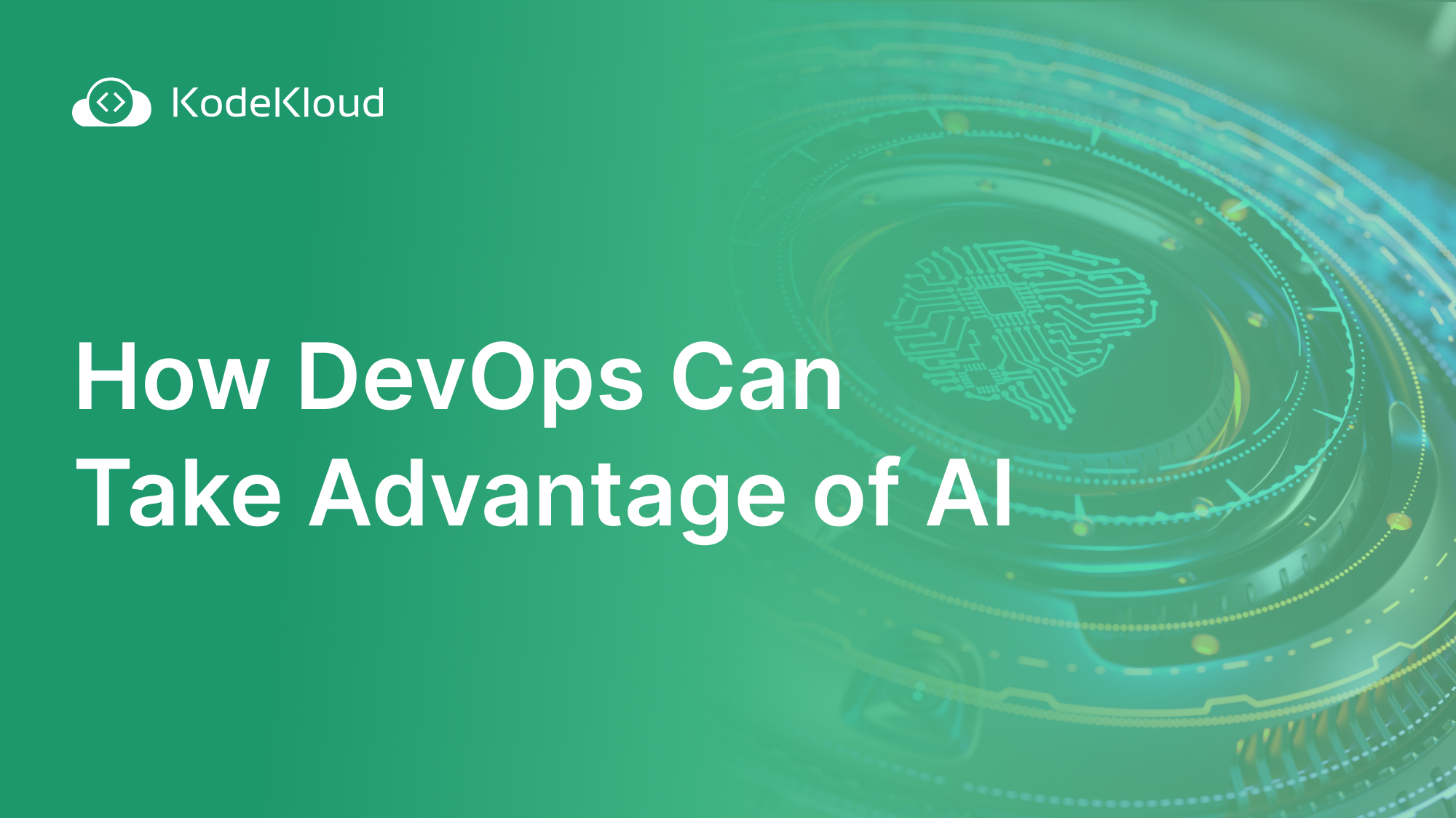
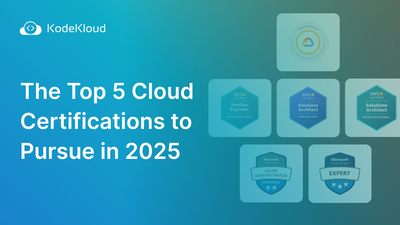

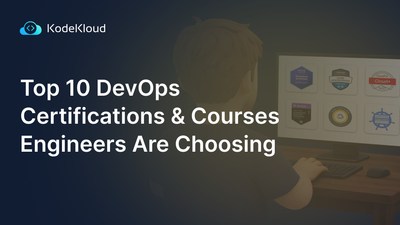

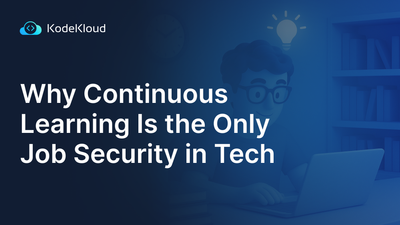
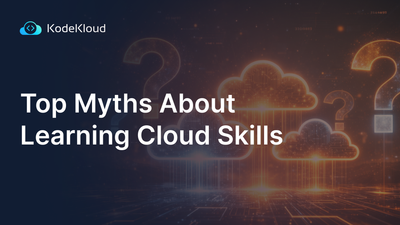
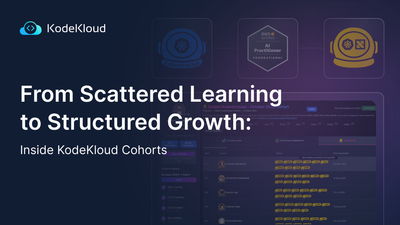
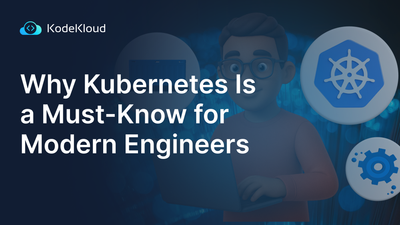

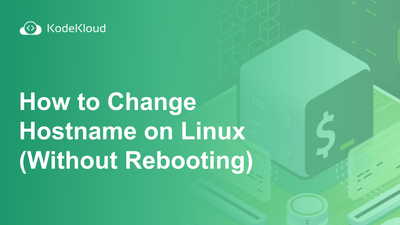

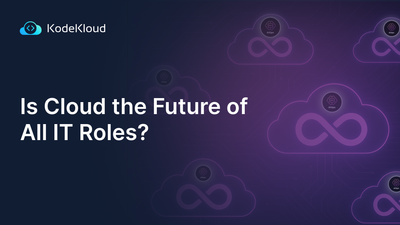
Discussion